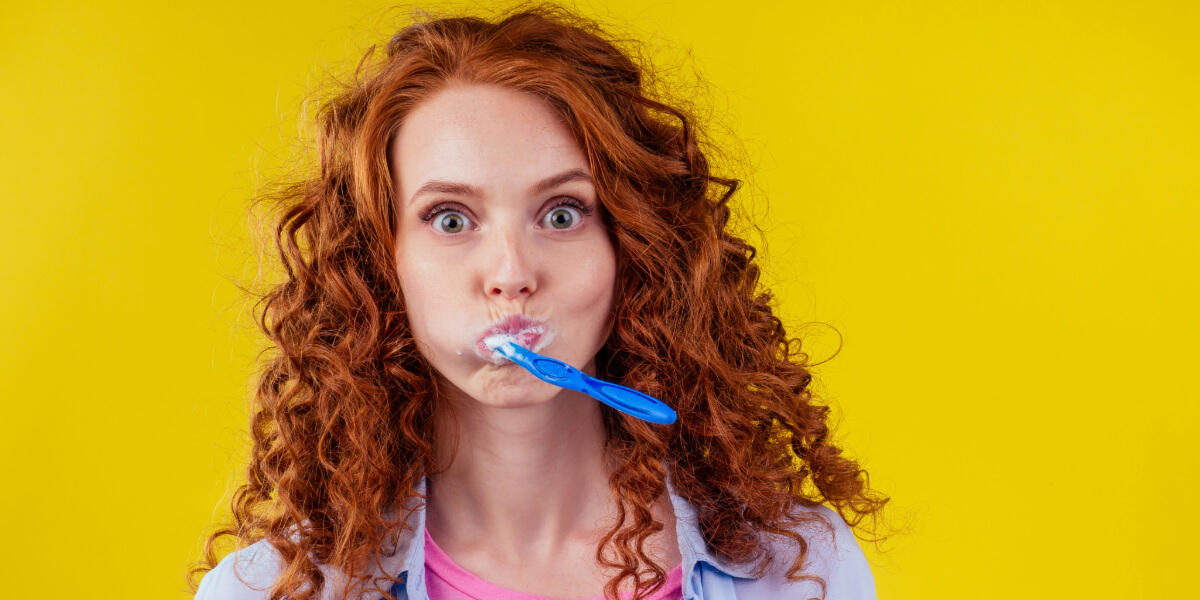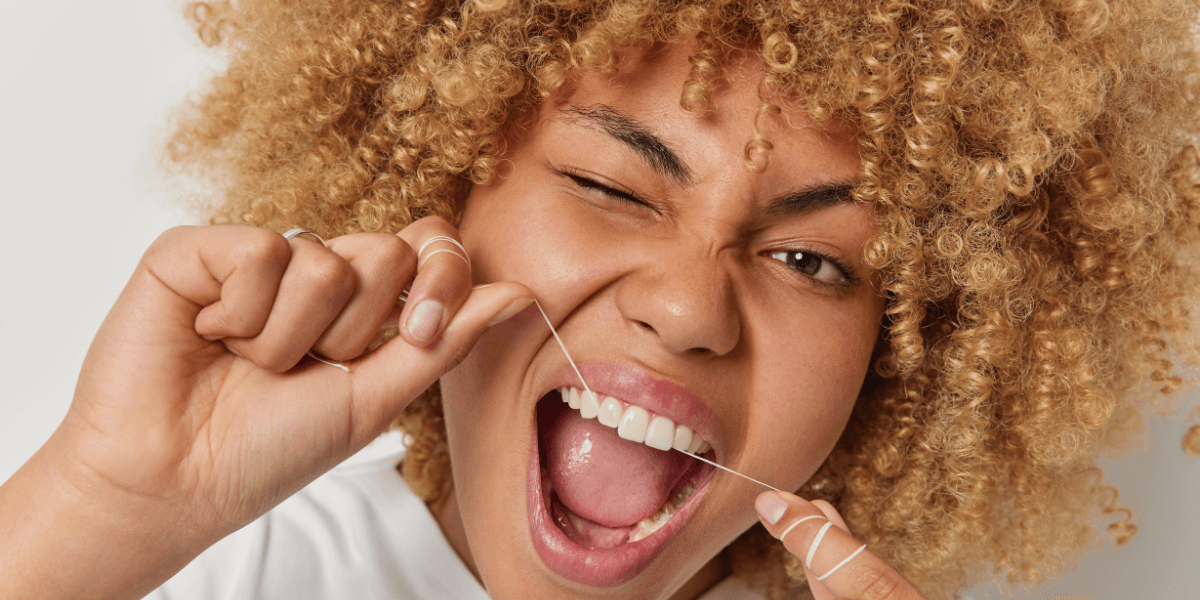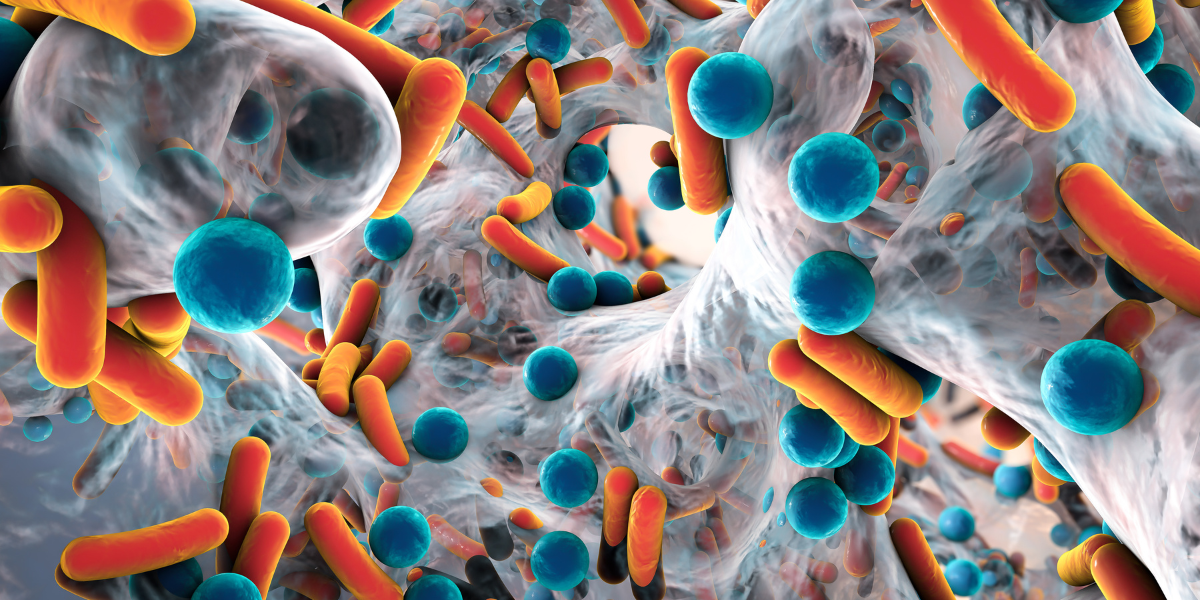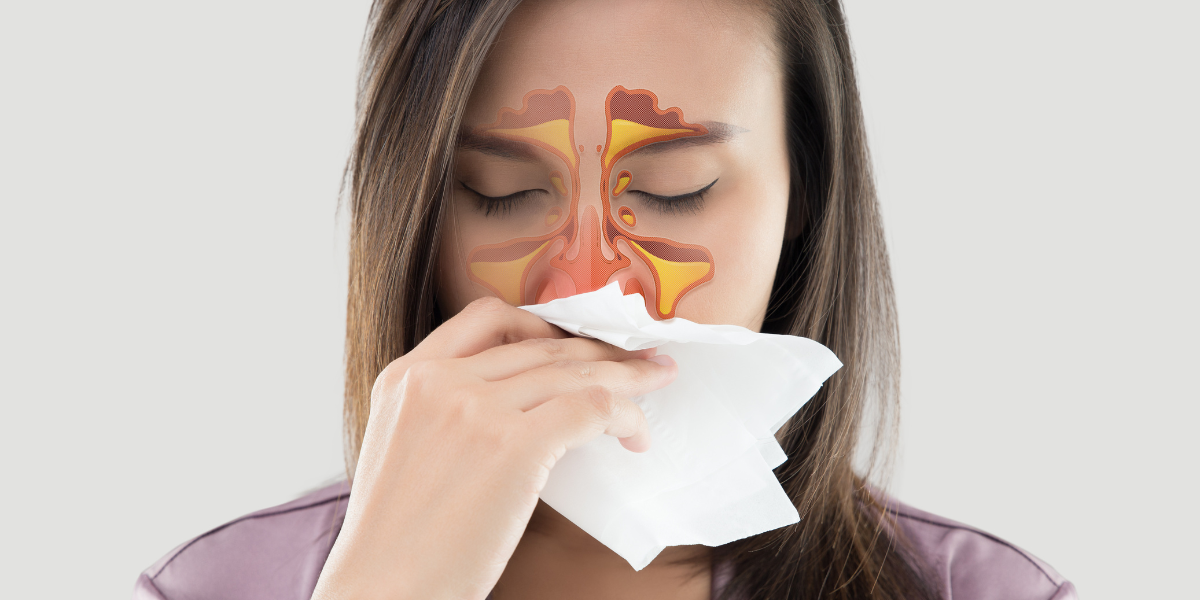Why you actually shouldn’t brush your teeth right after eating

It’s counterintuitive to think that cleaning our teeth could ever be unhealthy, but due to invisible microbial processes, we could actually harm our teeth immediately after eating. Find out why.
You already know that brushing is important to your dental health, but were you aware that when you brush matters?
When should I brush?
To keep your mouth healthy, you should brush twice per day. The most important time to brush is before you go to bed, after your last meal or snack of the day. Pre-bedtime brushing is incredibly important because it removes plaque, which contains bad bacteria that multiplies overnight and can cause cavities and gum disease. Furthermore, any lingering sugars or carbohydrates feed the bacteria, compounding the issue.
What you eat matters
Even though brushing is critical, you should consider the timing of your brushing. If you have eaten or drank something acidic, such as soda, fruit, or coffee, brushing immediately afterward means you are scrubbing the acid into your tooth enamel. Acid is extremely detrimental to enamel and increases the likelihood of cavities. Also, even if you ate something that isn’t obviously acidic, such as crackers, the bacteria in your mouth metabolizes the carbohydrates to produce acid. Because if this, it is best to wait at least 30-60 minutes after eating to brush your teeth [1].
Consider these options instead
If you want a fresh mouth after eating, consider chewing sugar-free gum. Chewing gum helps to stimulate saliva flow, which in turn neutralizes pH and rinses away food debris[3]. Additionally, gum helps to remove tiny food particles from the grooves in your teeth, helping to lower your risk of cavities[3]. Selecting gum that contains xylitol offers a bonus! Xylitol is a naturally derived sugar alcohol that actually helps to kill the bad bacteria that causes cavities[3]. Ingredients in food products are listed in order of concentration. In other words, the earlier in the ingredient list xylitol is listed, the more the product contains. Look for gum that has more xylitol in it for greater benefit. Keep all xylitol containing products away from dogs! It is poisonous to them [2]!
Another option is using mouthwash. Mouthwash can help to remove food debris and freshen your breath, without the risk of damaging the teeth. Look for a rinse that is alcohol-free and has a neutral or basic pH. Selecting a rinse that also contains fluoride will help to lower your risk of cavities as well.
If you must brush now
If you have a need to brush immediately after eating (maybe you will be giving a big presentation or walking down the aisle), ideally you should swish with baking soda water, as it neutralizes acid in the mouth. If you don’t have any baking soda on hand, plain water will rinse away some of the acidity. Try to keep brushing right after eating to a minimum, perhaps only for special events.
When you do brush…
No matter what time you are brushing, there are certain qualities to look for in a toothbrush. Always select a soft or extra soft brush, and replace it at least every 3 months, or sooner if you have been sick or the brush is worn out. If you use an electric toothbrush, you may consider using an at-home ultrasonic/UV cleaner to disinfect your toothbrush head after you’ve been sick. However, remember electric toothbrush heads need to be replaced just as often as manual brushes.
References
- BDJ Team. (2015). The oral health benefits of sugarfree gum. BDJ Team 2, 15151. https://doi.org/10.1038/bdjteam.2015.151
- Food and Drug Administration (n.d.) Paws Off Xylitol; It’s Dangerous for Dogs. https://www.fda.gov/consumers/consumer-updates/paws-xylitol-its-dangerous-dogs
- Newton, J. T., Awojobi, O., Nasseripour, M., Warburton, F., Di Giorgio, S., Gallagher, J. E., & Banerjee, A. (2020). A systematic review and meta-analysis of the role of sugar-free chewing gum in dental caries. JDR Clinical & Translational Research, 5(3), 214-223. https://doi.org/10.1177/2380084419887178







